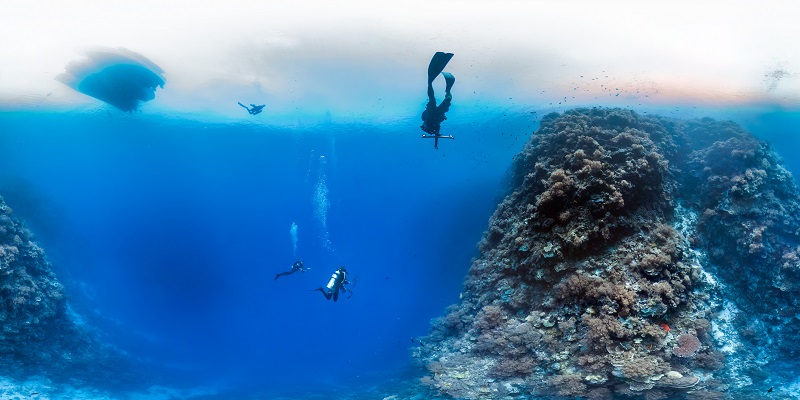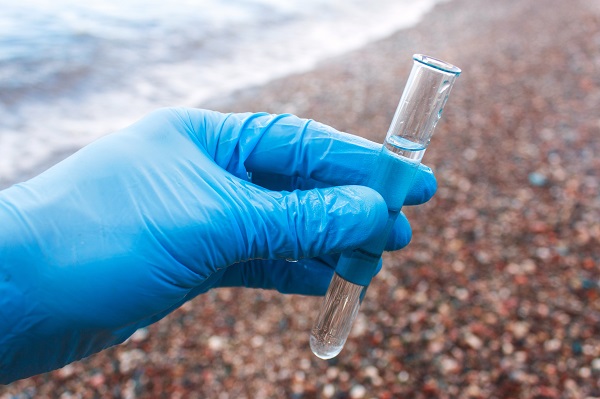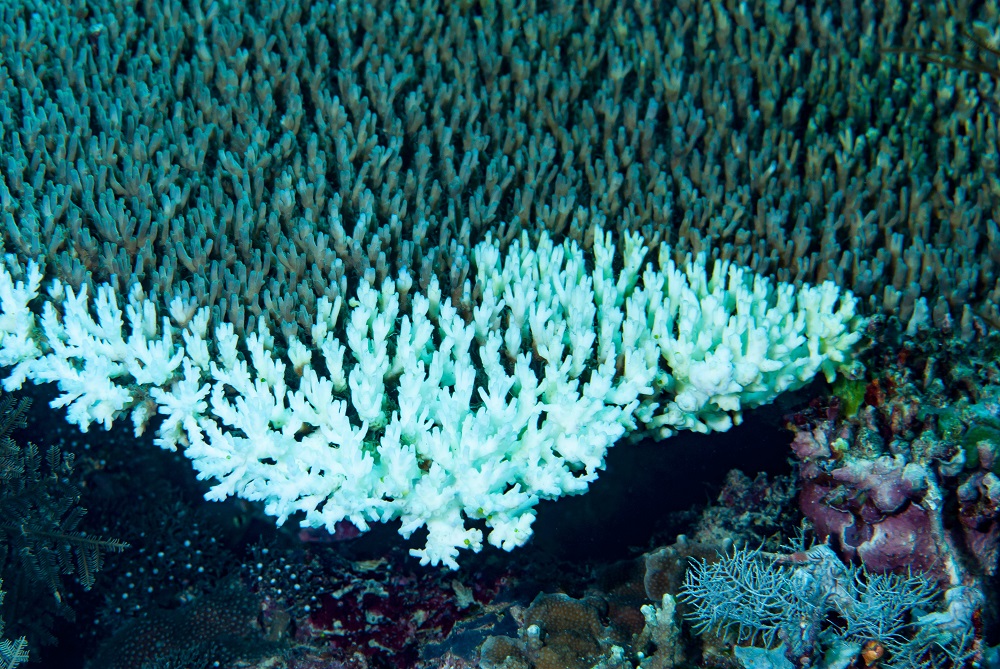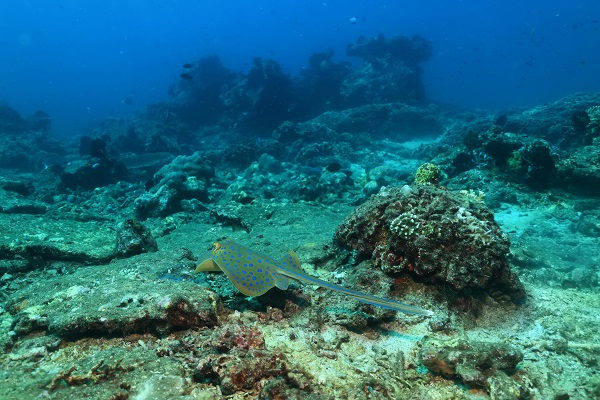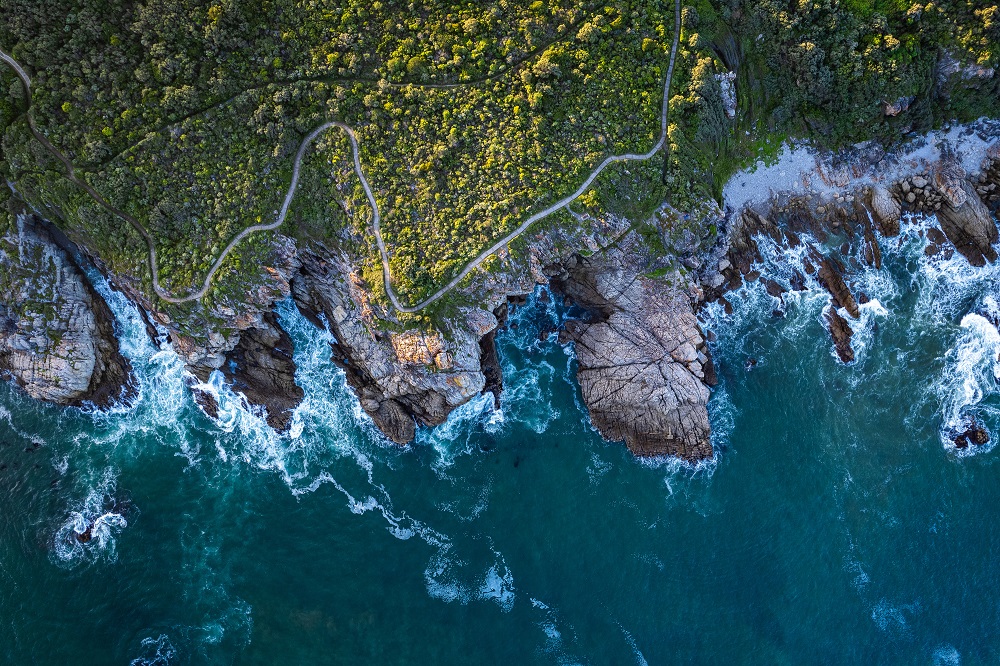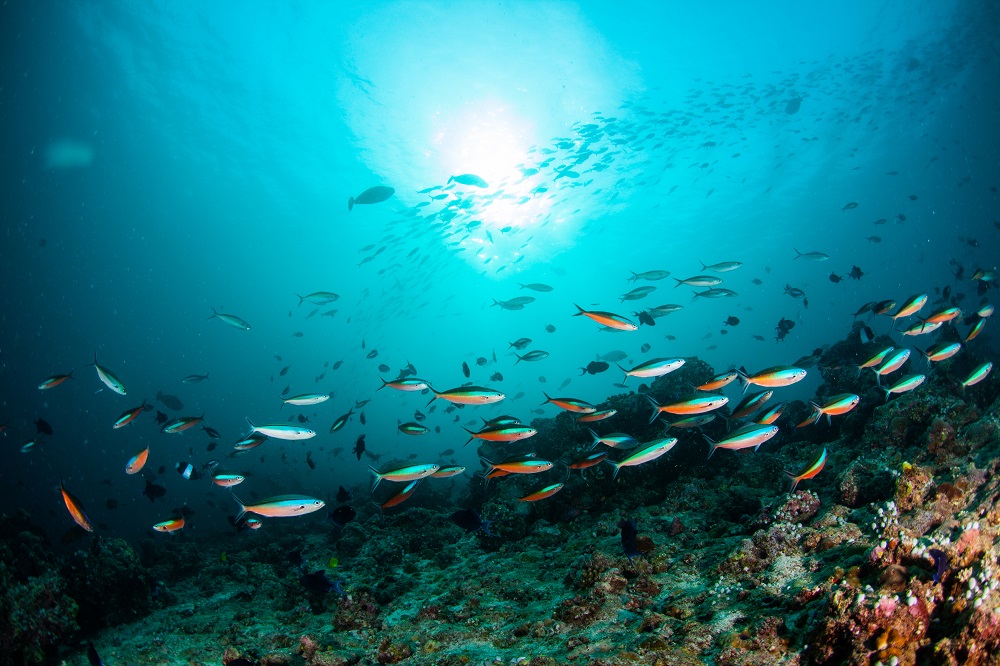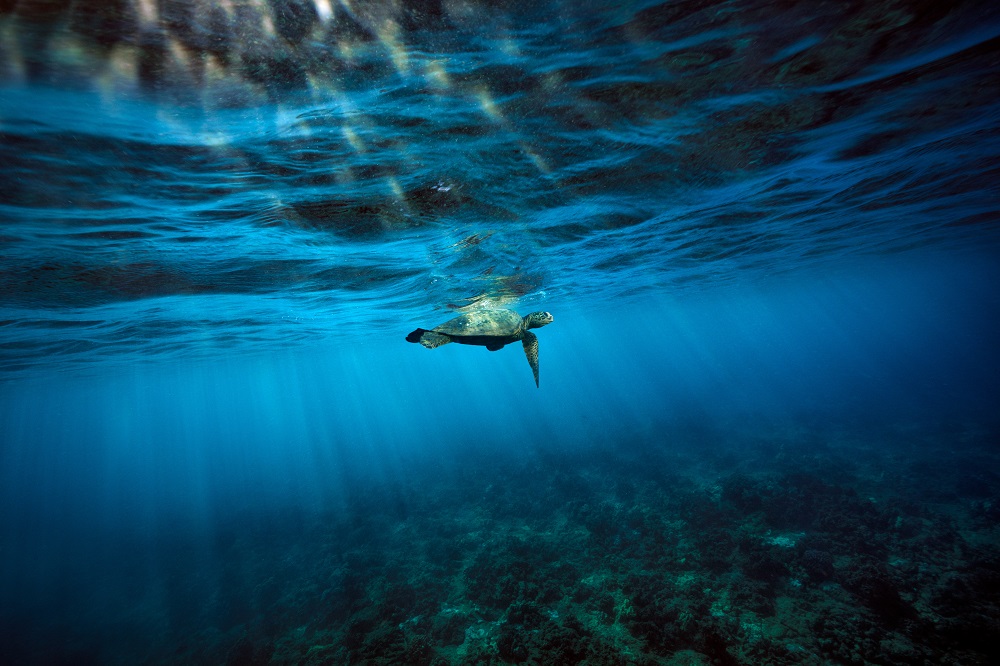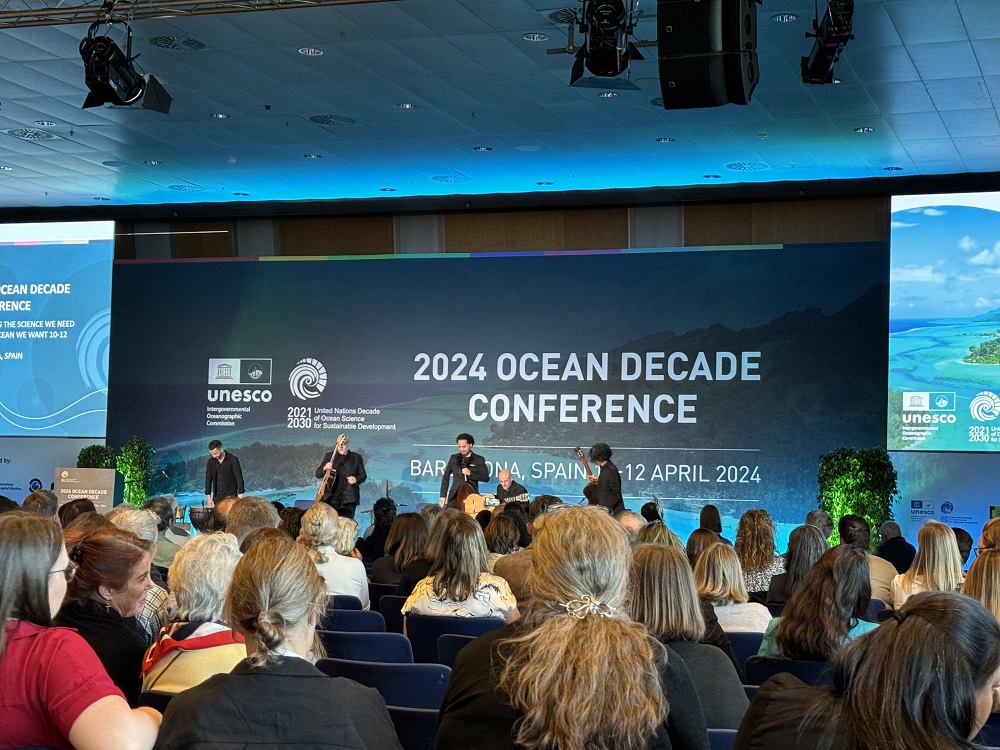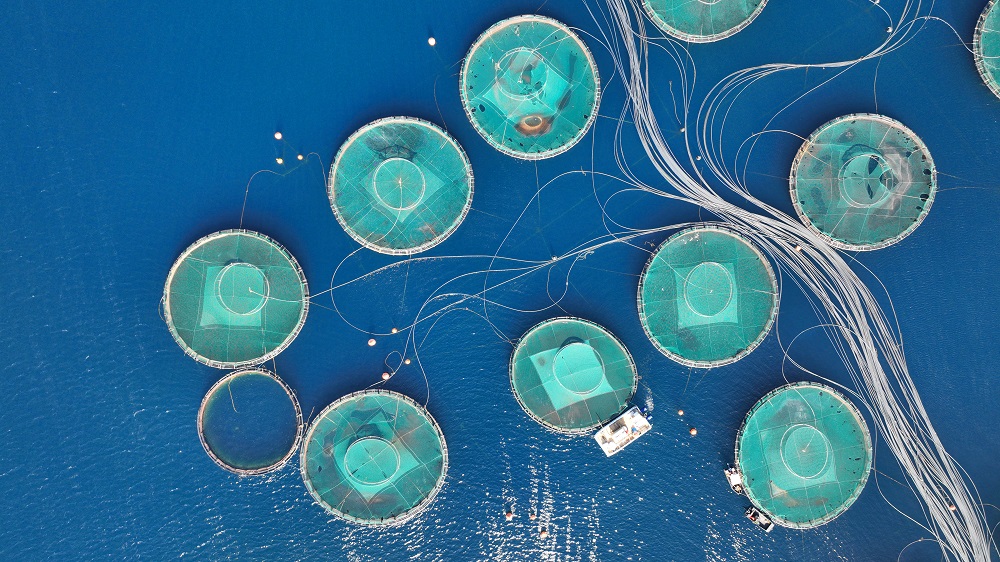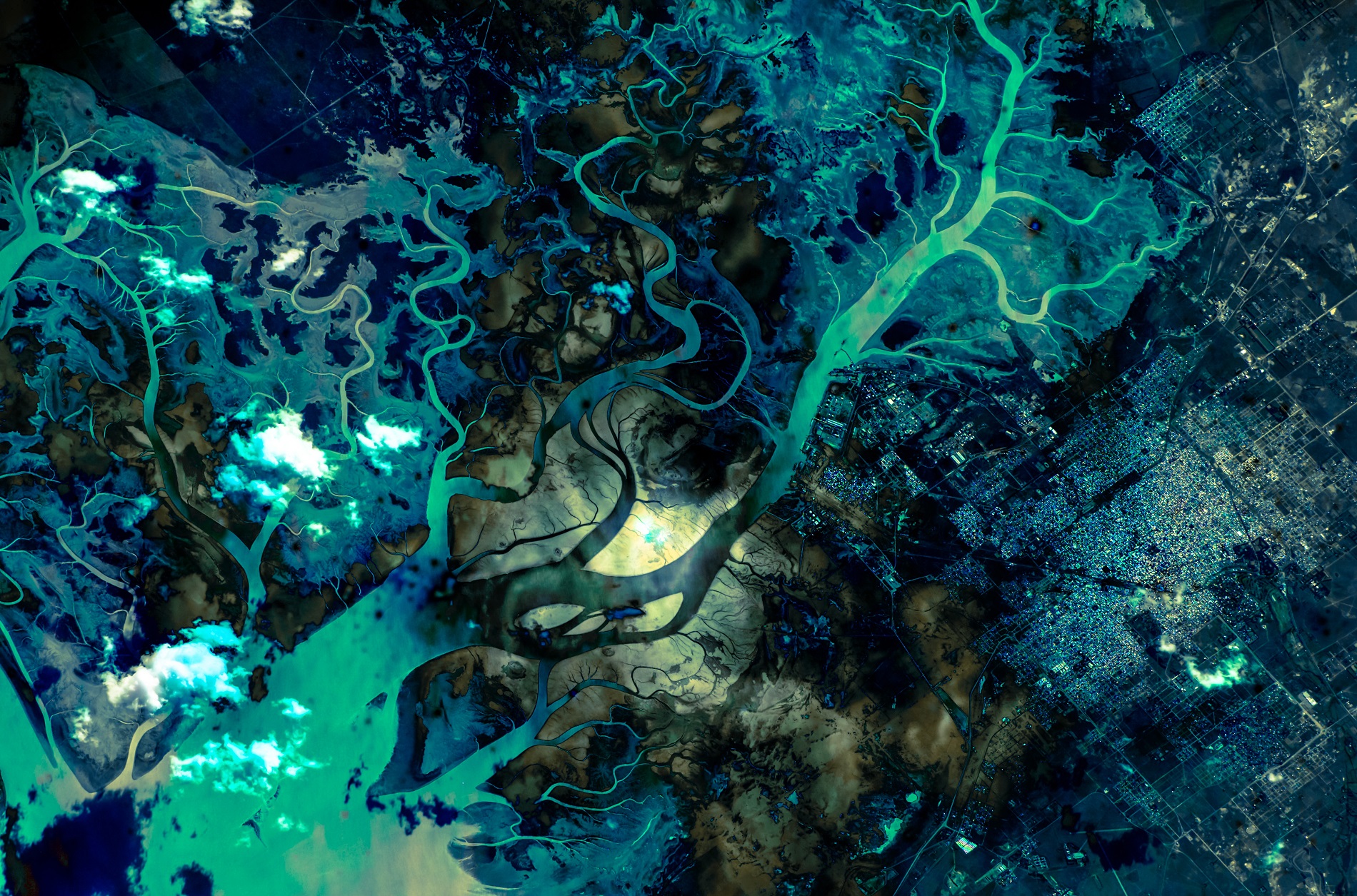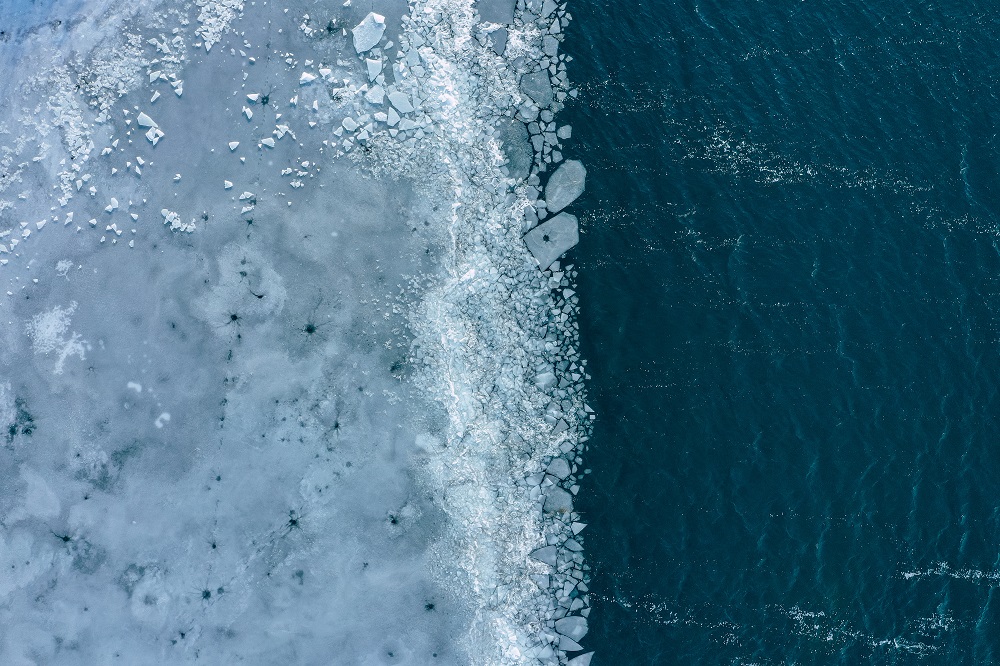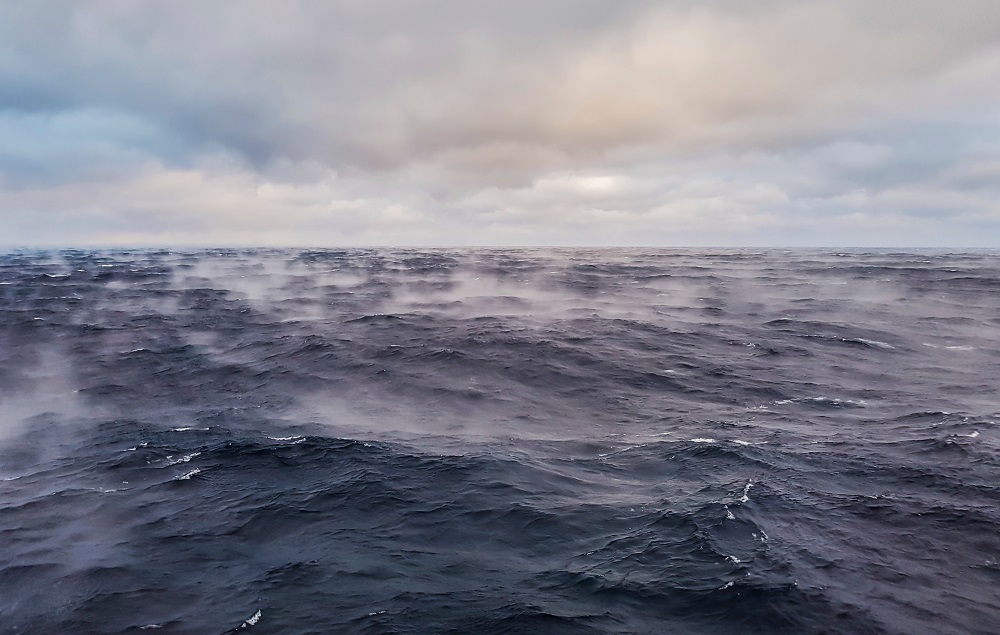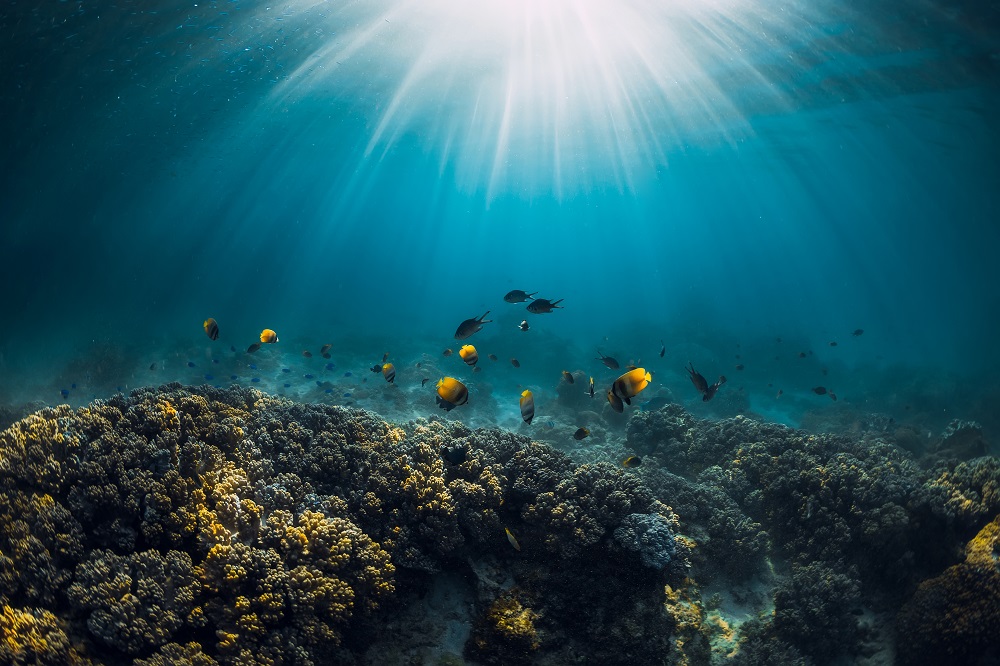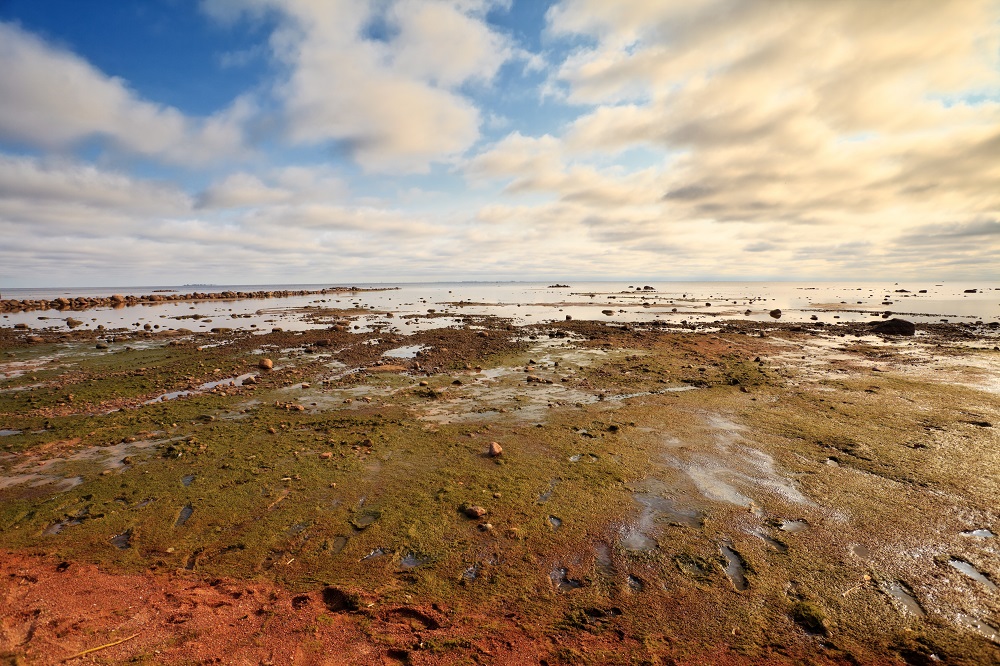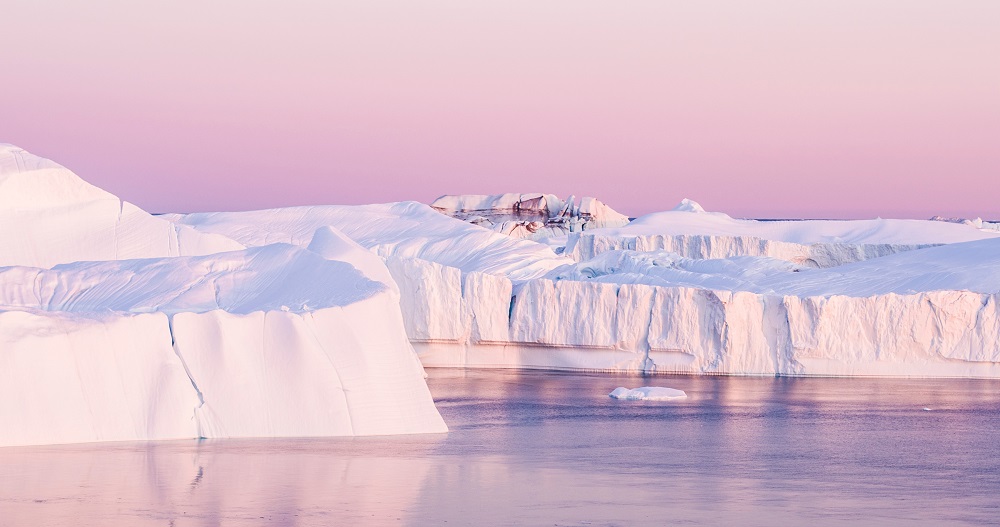I think there are several. Scientists have played a major role in some of the successes in the international environmental policy arena. In particular, I’d point to the Biodiversity Beyond National Jurisdiction agreement and the Kunming-Montreal 2030 biodiversity targets. Scientists were very involved in informing policymakers during those negotiations—I was also personally involved. These achievements have elevated the importance of science in meeting these targets, which is a major positive.
Second, rapid technological advancements are having a major impact on marine science. Robotics, in particular, have helped us fill some of the observation gaps, with moorings equipped with sophisticated environmental sensors, gliders, autonomous surface vehicles and underwater vehicles, satellites, remote sensing and more. We’re increasing our capacity to observe the oceans. These advances extend to biodiversity research through developments in meta-barcoding and environmental DNA. These new tools allow us to observe biodiversity across unprecedented geographic scales and temporal frequencies. Instead of the traditional method of collecting and manually sorting seafloor samples, we can now generate comprehensive biodiversity assessments more efficiently. Another trend is digitisation. The ability to digitise the enormous wave of data that’s starting to come in will be crucial to making it accessible to scientists, policymakers and ocean managers. It’s fine to do science, but if we can’t communicate that science to society, we’re wasting our time. The digital revolution is going to be critical because if we can’t get that information into the right hands, we’re not going to see the right decisions being made.

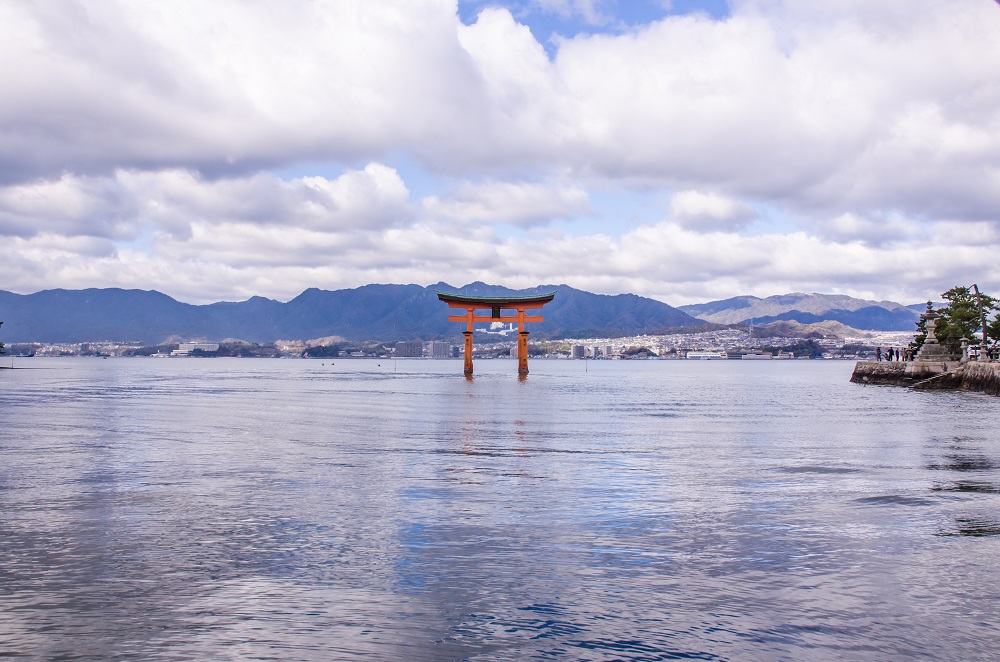

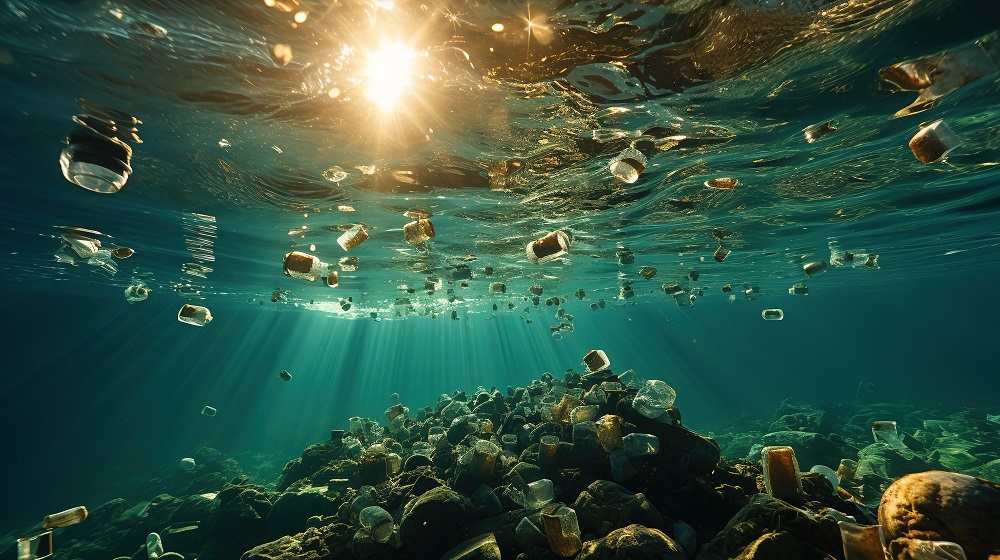

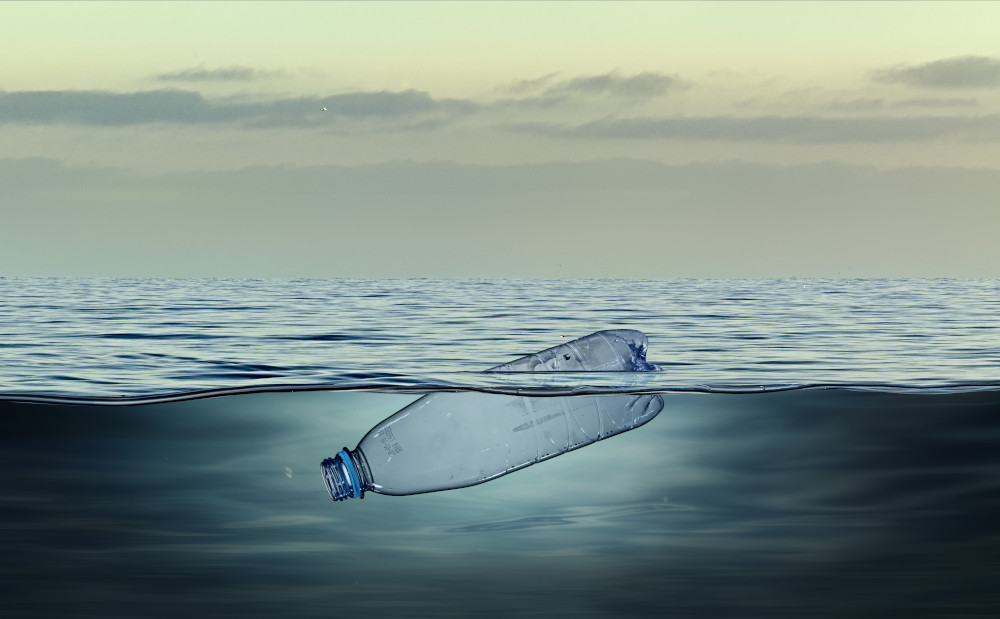



 The scourge of untreated wastewater
The scourge of untreated wastewater Slowing
the chemical tide: safeguarding human and ocean health amid
chemical pollution
Slowing
the chemical tide: safeguarding human and ocean health amid
chemical pollution Hazardous chemicals in plastics - the discussions at INC
Hazardous chemicals in plastics - the discussions at INC








